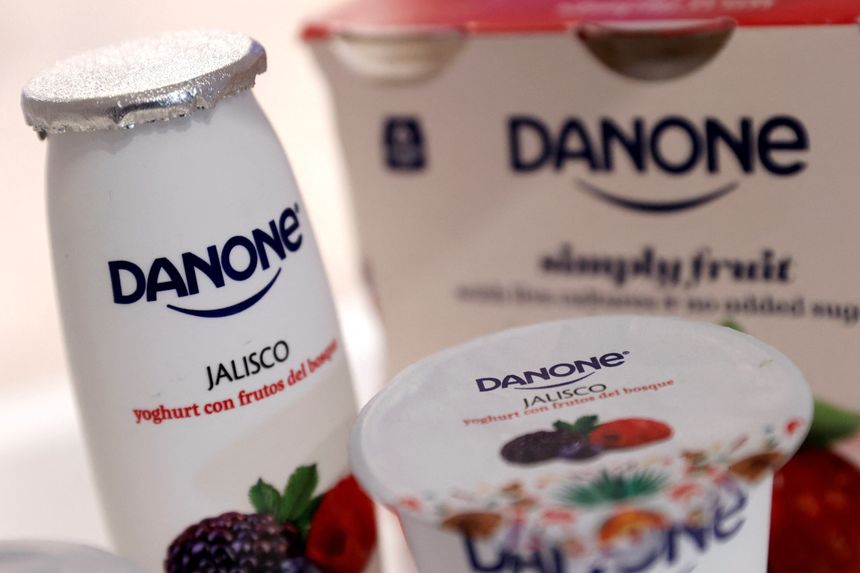Photo:
CHRISTIAN HARTMANN/REUTERS
Agriculture contributes a third of global greenhouse-gas emissions even as climate change is reducing farm yields and threatening the livelihoods of farmers. The number of hungry people in the world increased from 282 million to 345 million in 2022 alone. We must reverse these trends.
Carbon dioxide is the well-known villain of the climate-change story, but the problem of methane emissions deserves more attention. The methane released into the atmosphere this year will have a bigger effect on global temperatures over the next decade than carbon dioxide from all fossil-fuel use in 2023, according to Environmental Defense Fund scientist
Ilissa Ocko.
The food we eat is a major methane culprit. Agriculture and livestock account for more than 40% of annual global methane emissions from human-related activities. Finding ways to reduce these emissions while still providing comprehensive sources of nutrition would be a major climate victory.
Dairy, which represents 8% of these emissions, can play a meaningful role. That’s why
one of the world’s largest dairy companies, and Environmental Defense Fund are launching a joint effort to reduce methane from dairy cattle, feed an ever-growing global population, and ensure farms are profitable now and in the future.
Danone is pledging to reduce agricultural methane emissions from its fresh milk supply 30% by 2030, aligning with the Global Methane Pledge, a commitment by 150 countries to reduce their national methane emissions by the end of the decade. EDF, with its focus on science and market-based solutions, will join with Danone to advance research, innovative financing for farmers, transparency and accountability.
In 2023 Danone will equip dozens of U.S. and European dairy farms with new manure-management infrastructure to reduce methane emissions. In Morocco, Danone has already trained 1,600 smallholder farmers on how to increase…
Click Here to Read the Full Original Article at RSSOpinion…

